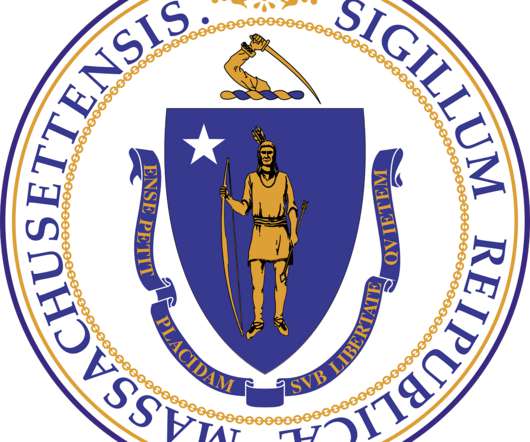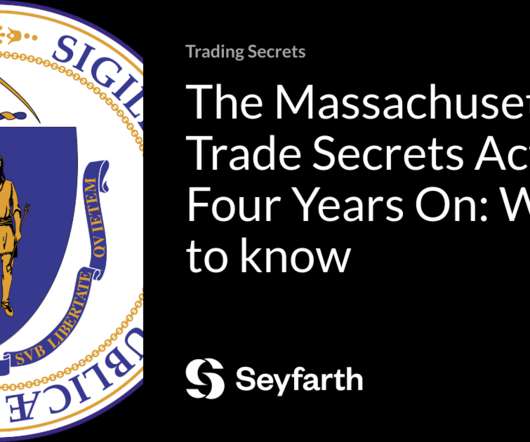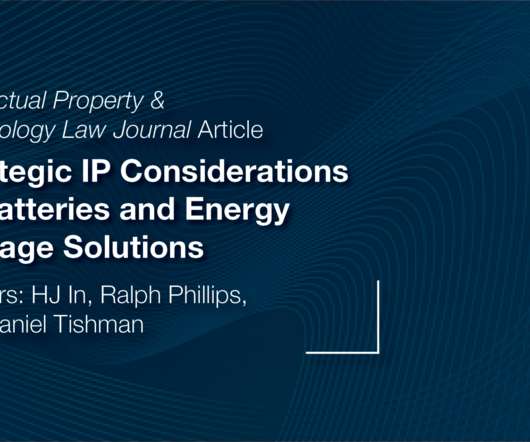Muzzling Transferors of Intellectual Property: Assignor Estoppel in Canada
IPilogue
JULY 9, 2021
Professor David Vaver is a Member of IP Osgoode’s Advisory Board and a Professor of Intellectual Property Law at Osgoode Hall Law School. . view is accepted that the doctrine does not apply to future inventions (or, in Canada, also designs) that an employee promises to assign as a condition of employment. [7] v Hologic, Inc.,















Let's personalize your content